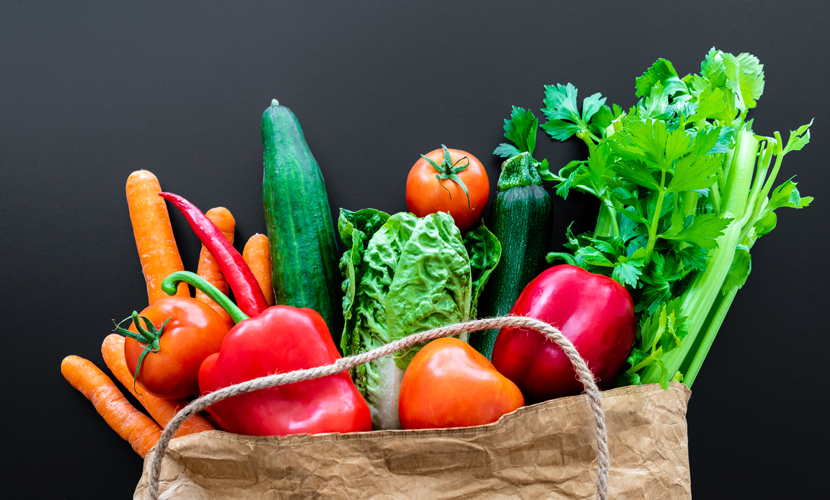The old saying goes: You are what you eat. But what if you’re also what you DON’T eat?
We know poor diet and lack of access to healthy food contributes to many chronic conditions, such as diabetes, heart failure, and hypertension. And those chronic diseases tend to bring people into the ER and clinics more often, especially if they aren’t getting the nutrition or food they need.
We had to ask ourselves: How can we make patients healthier while also making healthcare more affordable? We have partnered with Second Harvest Heartland a hunger relief organization that has served people in Minnesota and Western Wisconsin since 2001. In 2017, they helped provide more than 81 million meals to nearly 1,000 food shelves, pantries, and partner programs across 59 counties in Minnesota and Western Wisconsin. Safe to say: They understand food insecurity. This partnership is a simple, cost-effective way to directly connect our patients to nutritious food and education that will improve their health.
The Theory
The theory is simple: By integrating nutritious food into medical care, patients will have better access to nutritious food and other basic needs, which would make them healthier. It will also save medical costs for everyone. Data shows more than 500,000 Minnesotans do not have access to enough to eat, and two of three Second Harvest Heartland clients choose between paying for food and paying for medicine or medical care. Second Harvest Heartland’s FOODRx program is a natural and innovative way to address hunger within the healthcare system.
How FOODRx Works
FOODRx provides health systems with a simple, cost-effective way to directly connect their patients to nutritious food and education that will improve their health. As part of every routine screening, each patient at North Memorial Health is assessed to understand what social and economic barriers might be getting in the way of being healthy. When someone qualifies for the FOODRx program, they receive a prescription for the right food based on multiple factors. There are several versions of the box available.
Patients choose where to pick up their monthly boxes and can get connected with a dietitian who can help with food prep and shopping tips and provide chronic disease education. If transportation is an issue, North Memorial Health community paramedic volunteers are available to deliver boxes. These volunteers can even assist in connecting patients to additional services, if needed.
FOODRx Future
North Memorial Health has been offering FOODRx to patients in select locations for about a year and will continue to expand the program to new areas based on the needs of the community.
About the Author
Carolyn Ogland, MD, FAAP, is the Chief Medical Officer at North Memorial Health. Additional contributions to this article were made by Jason Rusinak, director of payer contracting, ACO and network management at North Memorial Health.


